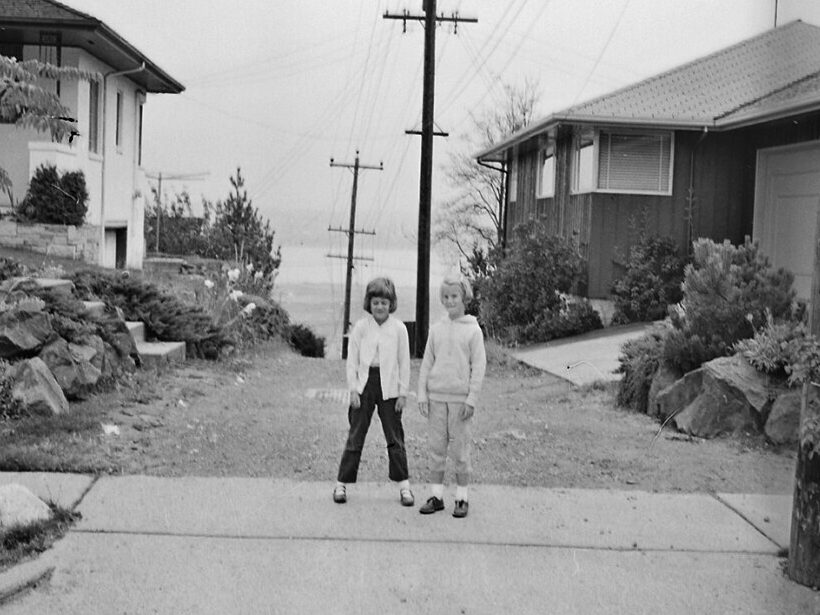
Life in the 1960s felt slower in the best way. You didn’t rush from one thing to the next. Mornings started with the smell of coffee, the sound of a neighbor’s radio, and the sight of kids already outside before breakfast ended. Nobody was in a hurry to get anywhere. People had time to stop, talk, and stay a while. You remember it now and wish you hadn’t taken that place for granted.
The Neighborhood Kids
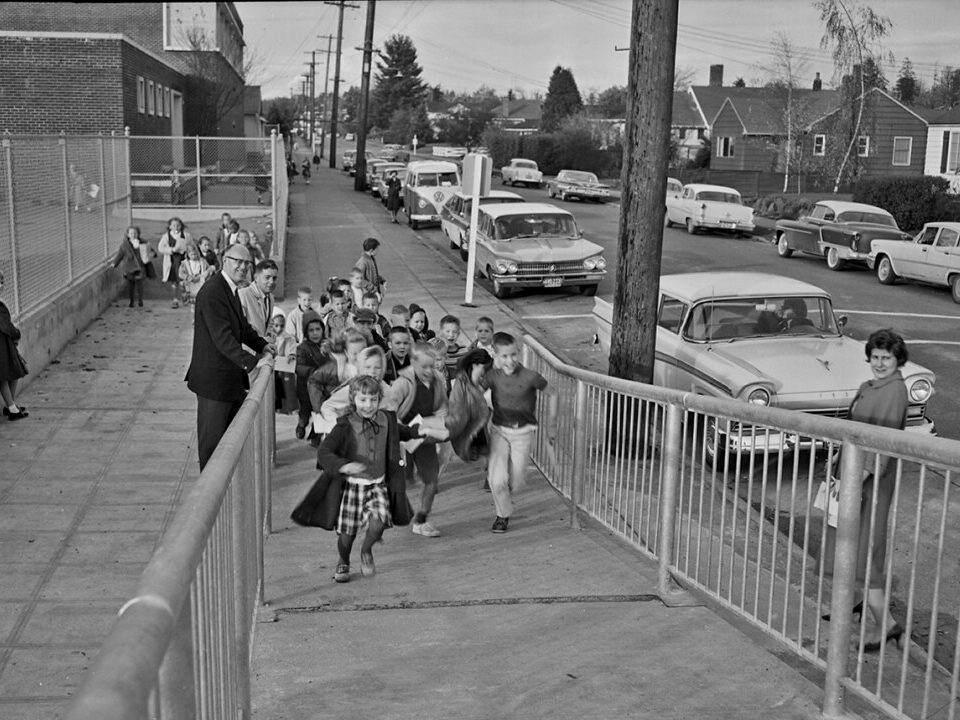
There was always someone to play with. You didn’t have to plan it or send a message. You just stepped outside and followed the noise. A few kids were already in the street, deciding what to play. Someone always had a ball or jump rope, and somehow the day filled itself. When the porch lights came on, everyone disappeared. Tomorrow started the same way — no plan, just fun waiting to happen.
Riding Bikes Everywhere
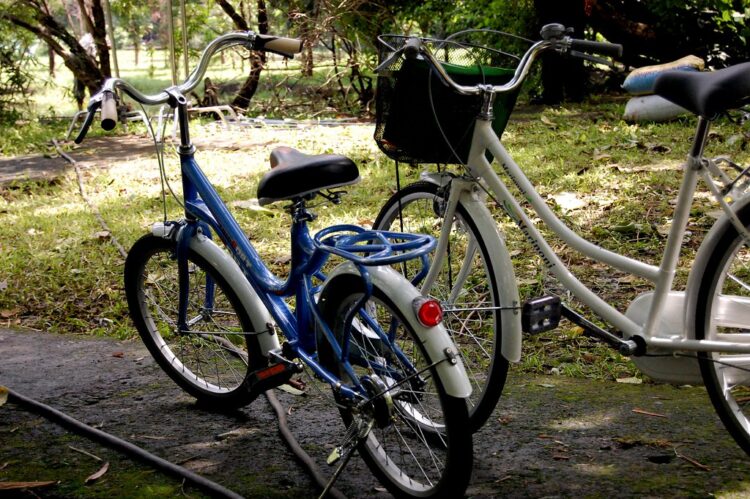
That first bike made you feel grown. You’d ride past the edge of the neighborhood to see what was there. Nobody tracked where you went. You promised to be home by dinner, and that was enough. Sometimes you raced friends to the corner store for a soda, and sometimes you rode alone. The wind hit your face, and for a few blocks, the whole world felt like yours.
Family Dinner Table
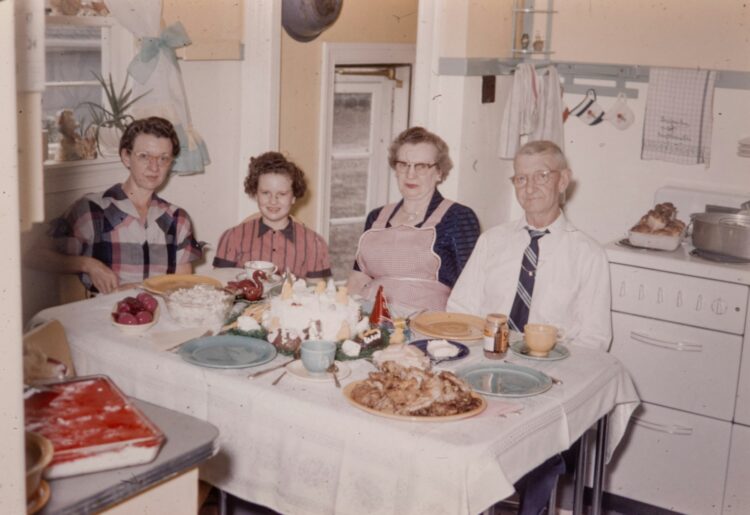
Evenings meant everyone came home. The smell of something cooking filled the kitchen, and someone always complained about setting the table. You talked about school, laughed about nothing, and passed dishes back and forth. It wasn’t about the food — it was about hearing familiar voices before the day ended. When the plates were cleared, someone lingered to talk. That’s how families stayed close without even realizing it.
The Music That Played Everywhere
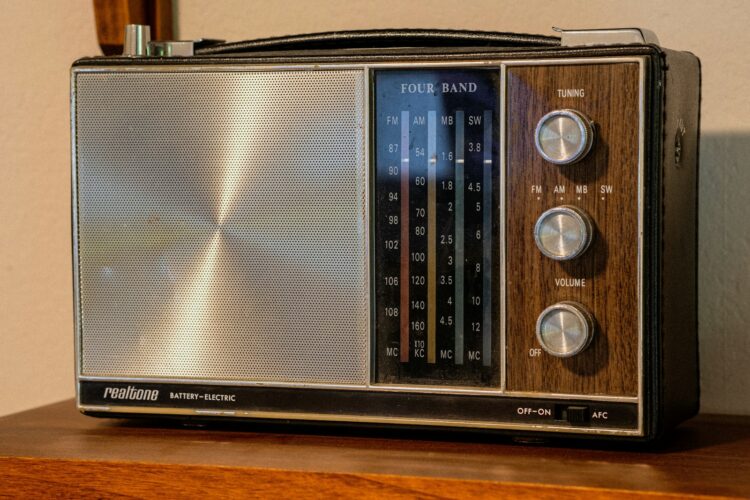
Music lived in every room. Radios sat on kitchen counters or window ledges, always tuned to something good. You didn’t skip songs — you let them play—Beatles at breakfast, The Supremes in the afternoon, a little Elvis before bed. The sound carried through open windows and drifted across the yard. Certain songs never left. They tied themselves to summers, to crushes, to moments that still feel close when you hear them now.
Saturday Morning Cartoons
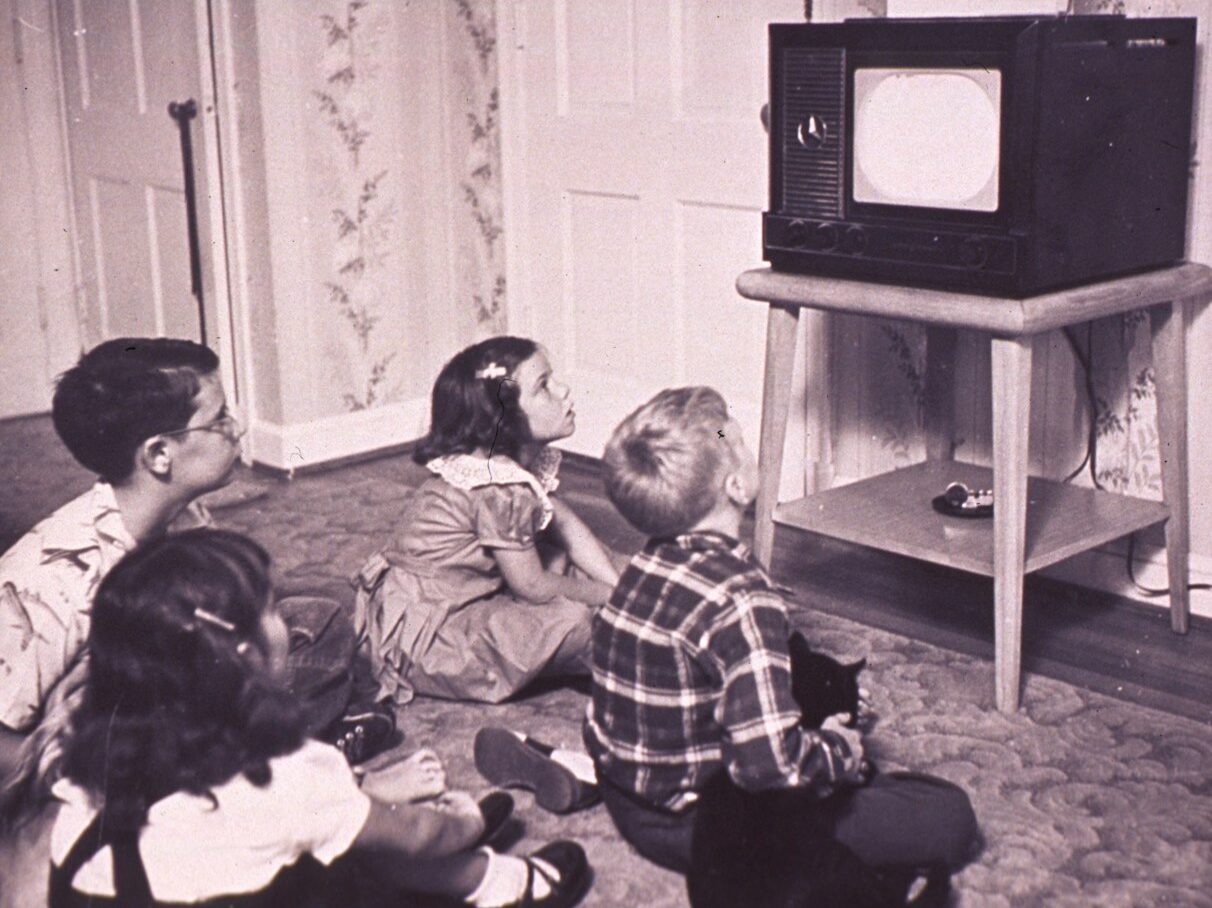
You woke up before anyone else. The house was quiet except for the hum of the TV. You poured cereal, spilled milk, and sat too close to the screen. The colors weren’t perfect, but you didn’t care. For an hour, nothing else existed. When the shows ended, you went outside to find your friends. Morning cartoons were a reward for getting up early.
Letters and Postcards
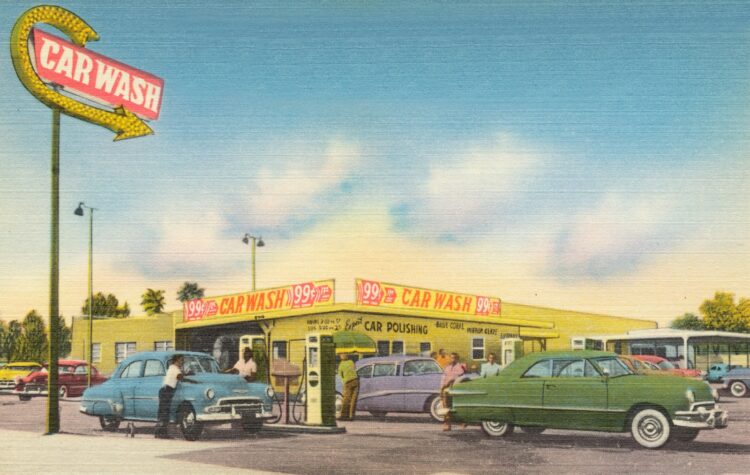
Getting mail used to feel personal. You’d spot your name on an envelope and know right away who it was from. The paper was soft at the edges, sometimes with a small coffee stain or the smell of perfume. You read every word slowly and then fold it back neatly. Postcards came with crooked stamps and sand still in the crease. The wait made every message mean more.
School Days and Chalkboards
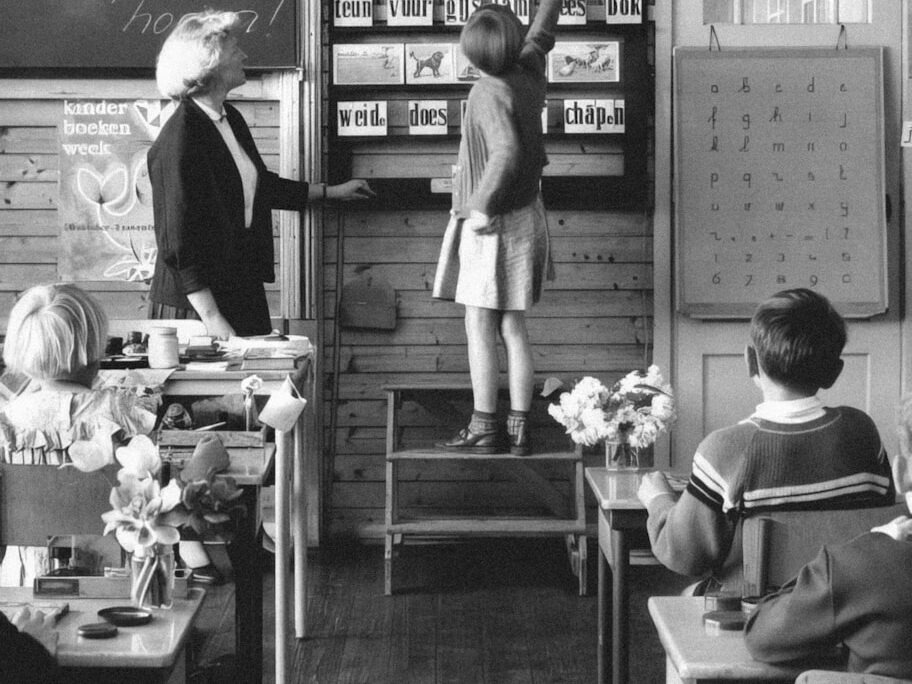
Classrooms smelled like chalk dust and the scent of freshly sharpened pencils. The teacher wrote in perfect loops while you tried to copy them. Someone always dropped a book too loudly, and everyone laughed when the teacher pretended to be mad. Recess was always chaotic with too much shouting. Nothing about it felt important at the time, but you still remember the details.
Drive-In Theaters
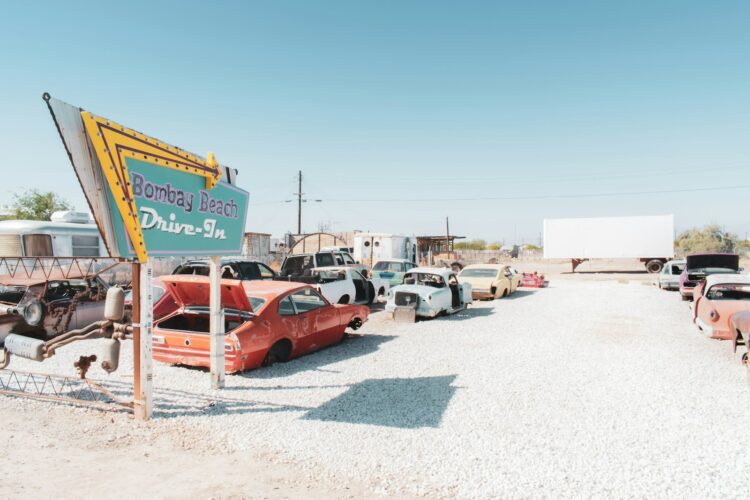
You didn’t just go to watch a movie—you went for the whole experience. The car smelled like popcorn before you even got there. Someone fought over who got the window seat, and someone else brought a blanket that smelled like fabric softener. The screen glowed in the distance, and moths circled the light. You could never hear the sound perfectly, but it didn’t matter. By the time you drove home, the night already felt like a memory.
Fashion That Felt Personal
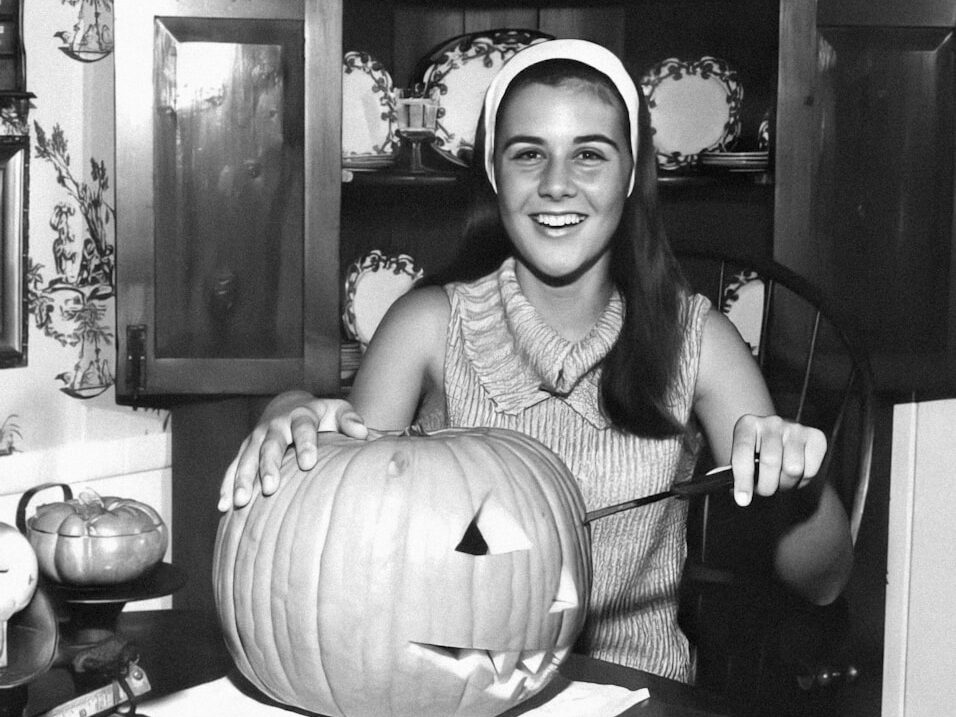
Clothes meant something because you made them your own. You patched holes, cuffed sleeves, and borrowed things from siblings when you could. Your mom sewed hems while you stood still on the newspaper. That jacket softened over time, the one everyone recognized before they saw your face. Nothing matched perfectly, but you didn’t care. Fashion was about showing a little of yourself — not a brand, just your story in stitches.
Television as an Event
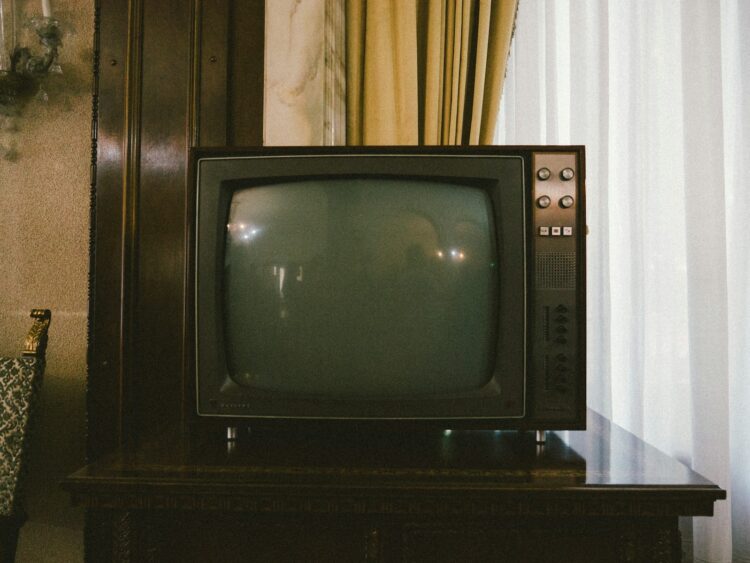
When your favorite show came on, the house went quiet. Someone adjusted the antenna, someone else claimed the good spot on the couch. You didn’t pause or replay anything; if you missed it, you missed it. Families laughed together and argued about characters. Famous lines were later quoted at school. When the credits rolled, nobody moved right away. The glow from the screen made the room feel like it belonged to everyone.
Polaroid Pictures
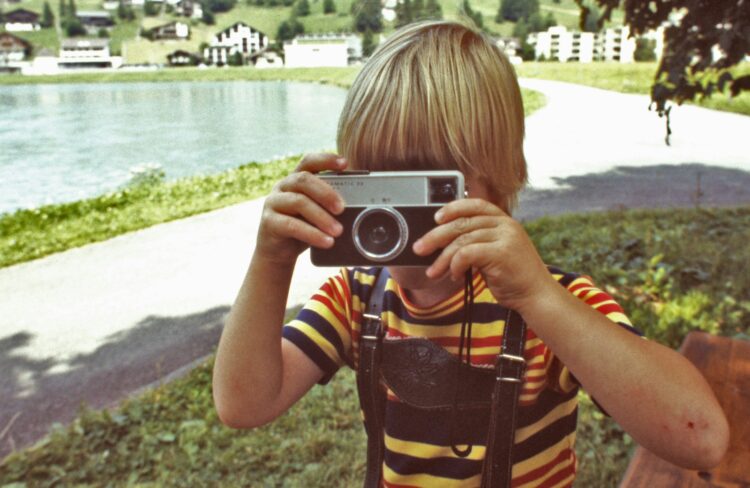
You pressed the button and waited for the small whir. A square slipped into your hand, warm and blank. Everyone leaned in to watch it come to life. First a blur, then faces, then a smile that looked exactly how the moment felt. Sometimes the lighting was wrong or a thumb covered the edge, but you kept it anyway. You wrote the date on the border and stuck it to the fridge.
Neighborhood Gatherings
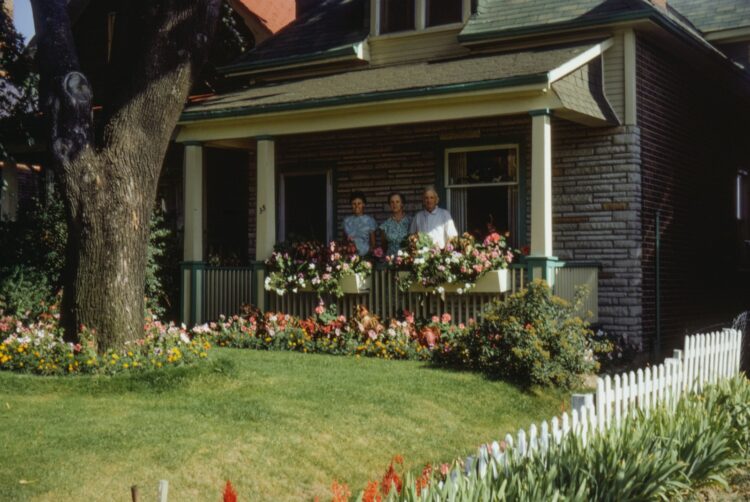
You didn’t need a reason to have people over. Someone started the grill, and others arrived. Folding chairs appeared out of nowhere, and music came from a radio near the porch. Kids ran barefoot through the grass while adults passed plates and swapped stories. Nobody checked the time. The night ended when the fire burned low and the street grew quiet. Those were the nights that built community.
Gas Stations and Road Trips
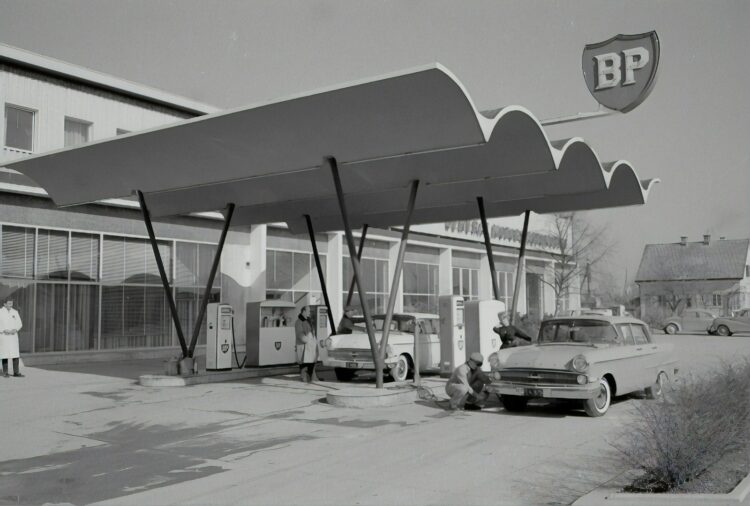
Trips started with the bell at the pump. Someone cleaned the windshield while you grabbed snacks inside. The maps stayed folded incorrectly in the glove box, even though you kept trying to fix them. You circled diners and small towns to see what they looked like. Getting lost didn’t bother anyone. Windows stayed down, and the world outside felt open in a way it no longer does.
The Simplicity of Play
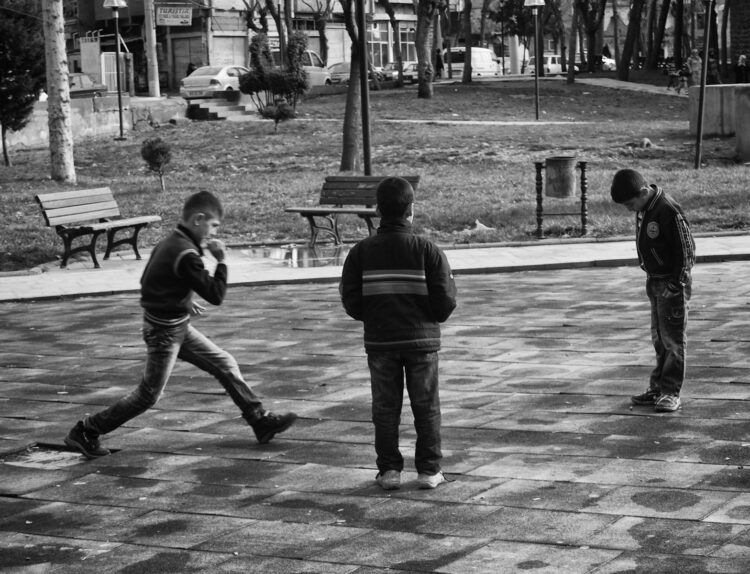
You didn’t need toys to fill a day. A stick, a ball, some chalk on the pavement — that was enough. You made up the rules as you went and changed them halfway through. When a toy broke, you fixed it or ignored it. If it rained, you played inside and waited for the puddles to dry. There was no boredom because imagination did all the work.
The Sense of Safety
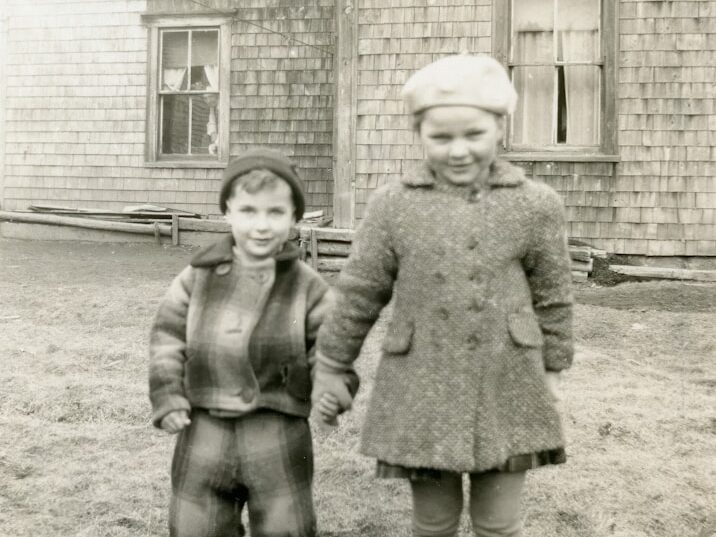
Back then, feeling safe was normal. After dinner, you’d cut through the shortcut by the vacant lot and not think twice. A radio carried a ballgame from an open window, a screen door clicked somewhere, and that was enough company for the walk. Bikes leaned on fences overnight. Windows stayed open to catch the breeze. If a car slowed, it was just a neighbor offering a ride. You went to bed, sure the street would hold till morning.

